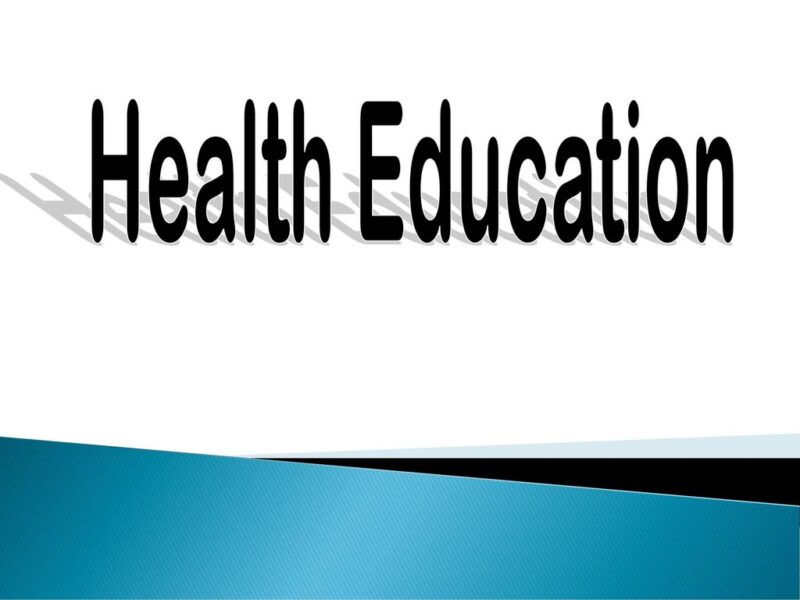Health literacy is a fundamental aspect of individuals’ ability to access, understand, and utilize healthcare information and services effectively. It encompasses a range of skills, including reading, writing, numeracy, and critical thinking, which enable individuals to make informed decisions about their health and well-being.
Empowering individuals with adequate health literacy is essential for navigating the complex healthcare system, promoting preventive care, managing chronic conditions, and advocating for their own health needs. In this essay, we will explore the importance of health literacy, its impact on healthcare outcomes, and strategies for promoting and improving health literacy among diverse populations.
Understanding Health Literacy
Health literacy refers to the ability to obtain, understand, and apply health information to make informed decisions about one’s health. It involves not only reading and comprehending healthcare materials but also interpreting numerical data, understanding medical terminology, and critically evaluating health-related information.
Individuals with low health literacy may struggle to understand medication instructions, interpret lab results, or navigate insurance forms, leading to misunderstandings, treatment errors, and suboptimal health outcomes.
The Impact of Health Literacy on Healthcare Outcomes

Limited health literacy is associated with various negative health outcomes, including higher rates of hospitalization, medication errors, and preventable chronic conditions. Individuals with low health literacy are less likely to engage in preventive health behaviours, seek timely medical care, and adhere to treatment regimens, leading to increased healthcare costs and burden on the healthcare system. Furthermore, disparities in health literacy exacerbate existing health inequities, disproportionately affecting marginalised populations and underserved communities.
Promoting Health Literacy
Empowering individuals with the knowledge and skills to navigate the healthcare system requires a multifaceted approach that addresses both individual and systemic barriers to health literacy. Key strategies for promoting health literacy include:
- Health Education and Communication: Providing clear, concise, and culturally relevant health information through various channels, including written materials, multimedia resources, and interactive workshops. Tailoring communication to the literacy level and language preferences of diverse populations is essential for ensuring accessibility and comprehension.
- Patient-Centered Care: Adopting a patient-centered approach that emphasizes collaboration, shared decision-making, and active participation in healthcare decision-making. Healthcare providers should engage patients in meaningful dialogue, encourage questions, and provide explanations in plain language to promote understanding and empower patients to actively manage their health.
- Healthcare System Navigation: Offering assistance and support to individuals in navigating the complexities of the healthcare system, including scheduling appointments, understanding insurance coverage, and accessing community resources. Patient navigators, care coordinators, and community health workers play a vital role in guiding individuals through the healthcare system and connecting them with appropriate services and support networks.
- Digital Health Literacy: Addressing the growing importance of digital health literacy in an increasingly technology-driven healthcare landscape. Providing training and resources to help individuals navigate health-related websites, mobile apps, and electronic health records can enhance their ability to access and utilize digital health information effectively.
- Community Engagement and Advocacy: Engaging communities, grassroots organisations, and advocacy groups in promoting health literacy initiatives and advocating for policies that support health equity and access to quality healthcare for all. Community-based interventions, such as health fairs, outreach programs, and peer support networks, can empower individuals and communities to improve their health literacy skills and make informed decisions about their health.
Conclusion
Health literacy is a critical determinant of individuals’ ability to navigate the healthcare system, make informed health decisions, and achieve optimal health outcomes.
By promoting health literacy through education, communication, system navigation, and community engagement, we can empower individuals to take control of their health, reduce disparities in healthcare access and outcomes, and build healthier and more resilient communities.
Investing in health literacy initiatives is not only essential for improving individual health outcomes but also for advancing health equity and promoting social justice in healthcare.
Related Tags
Taiwo Olawuyi
Taiwo Olawuyi is a highly dedicated and passionate professional blogger, renowned for her ability to create captivating, informative, and engaging content in the realm of health and wellness. She holds a Bachelor's degree in Political Science from Olabisi Onabanjo University and a Master's degree in Adult Education from the prestigious University of Ibadan. Her profound passion for health and wellness, coupled with her unwavering dedication to her audience, serves as a constant source of inspiration and enlightenment for readers worldwide.










